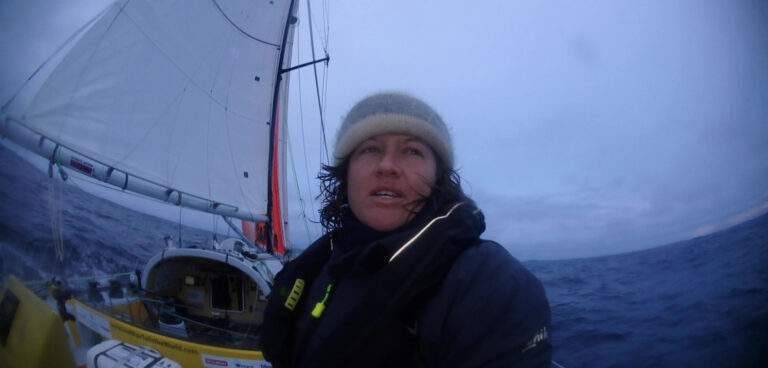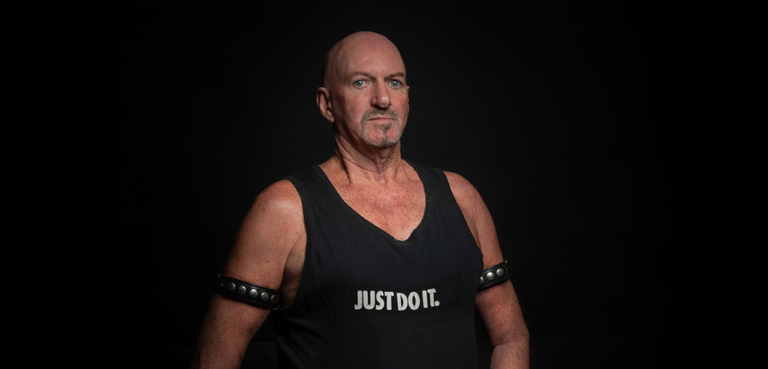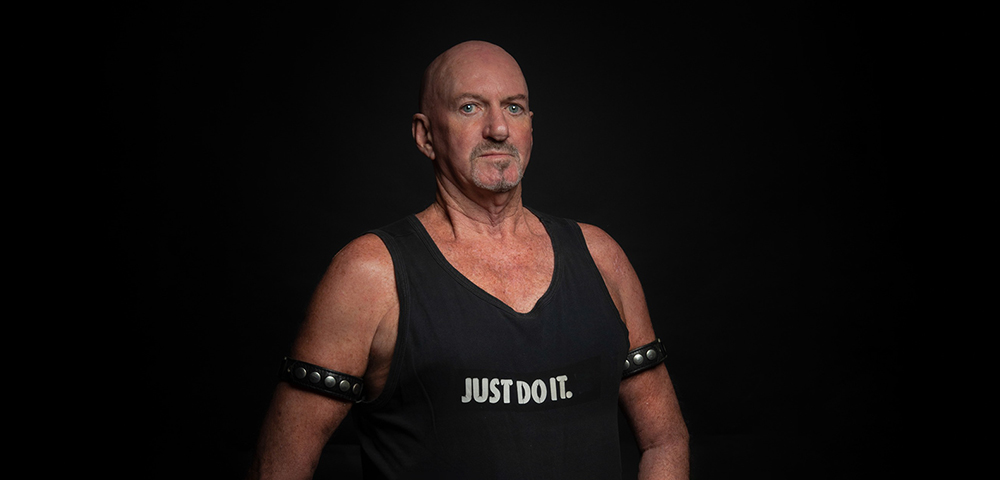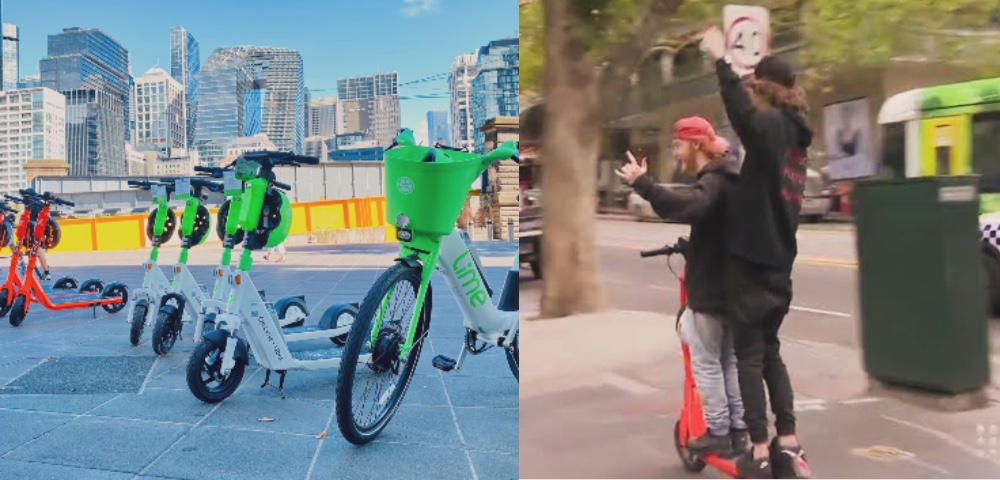
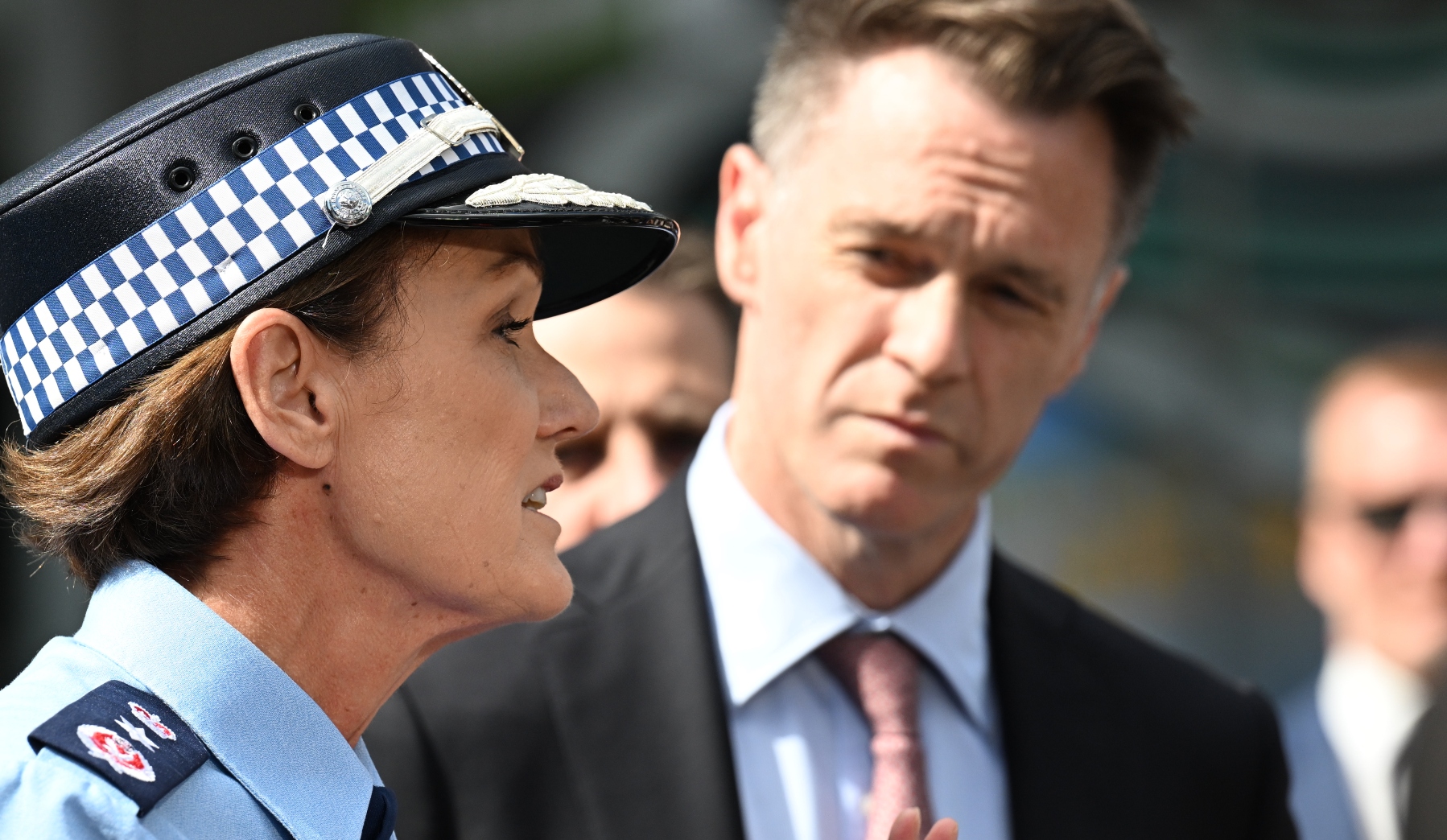
by GRACE JOHNSON
NSW Police have asked for tougher knife crime penalties, including introducing new laws that would create criminal offences for the parents of minors found with weapons.
While the data shows the overall crime rate involving blades has steadily fallen over the last decade, Sydney’s week of horror has intensified calls for tougher measures and more proactive ways to combat knife crime.
Speaking to reporters on Thursday, Premier Chris Minns said, “Given these very serious criminal attacks in the past week, of course, a responsible government would look at existing legislation and see if potential changes could help prevent a similar attack,” he said.
“I don’t want to pre-judge it, to ensure that whatever legislative and policy changes we make, that they make a difference and that will take a little bit of time.”
Police have urged the government to increase penalties for parents who knowingly allow their children to have knives by making it an indictable rather than summary offence.
Indictable offences are a more serious category of crime, attracting higher sentences and potential prison terms.
Police also called for a separate category of offences for people caught carrying knives on public transport, calling it a “high risk” activity in the high concentration of people in these areas.
“Out of touch” with the community
But several have opposed introducing tougher knife crime penalties, saying the government should instead invest in the public mental health care system, public mental health supports and resources, including in Linguistically and Culturally Diverse Communities.
NSW Council for Civil Liberties has asserted that the police’s position does not reflect the current research on the prevention of crime.
President Lydia Shelly said, “The position of NSW police demonstrates just how out of touch they are with the communities they are tasked to police. Charging parents on the basis that their child has committed an offence oversimplifies the intricate circumstances surrounding children who have contact with the criminal justice system.”
This stance also poses significant risks to children, she continued.
“Parents facing criminal charges and a possible conviction may jeopardise their employment opportunities, destabilise their housing situation, and potentially disrupt their ability to maintain custody of their children.”
“The Government’s primary focus should be to strengthen families, not push for laws that will fracture communities. These antiquated ideas ignore the complex circumstances of families where children have had contact with the criminal justice system.”
“It ignores the known vulnerabilities contributing to youth crime including exposure to drug use and poor mental health.”
Decreasing knife crime rate
Following the fatal stabbing of a paramedic last year, in June the NSW Government passed legislation which doubled penalties for some knife offences.
The maximum penalty for possessing a knife in a public place or school doubled to four years in prison, a $4400 fine, or both.
At the time, NSW Attorney-General Michael Daley said to Parliament, “While the numbers [of knife crime] are not going up, they’re not going down — that is what worries me”.
In the first few months of the new penalties being enacted, data from the Bureau of Crime Statistics and Research shows 131 were convicted for knife possession or wielding offences. Between October and December last year, most offenders received fines, with only one receiving a jail sentence.
Under the Summary Offences Act during the same period in 2022, there were 960 people convicted for the same crimes. 15 of those received custodial sentences.
In 2010, there were 1034 assault and robbery charges in NSW involving a knife. By 2023, that figure dropped to 545.
The number of children who committed assaults using a knife went from 96 in 2010 to 37 in 2023.
Preventing further attacks
Still, the government is facing increased pressure to prevent further attacks.
One option before the government at the moment is “wanding” laws, which would allow police officers to use hand-held metal detectors to search people without a warrant on public transport and at some night spots
These laws were introduced in Queensland after 17-year-old Jack Beasley was fatally stabbed outside a Surfers Paradise convenience store. They have also come to be known as “Jack’s Law”.
This week, Jack’s parents called for NSW to follow Queensland’s lead. Brett Beasley, his father, told ABC Radio Sydney that prior to last week’s attacks, he had spoken to NSW Police Minister Yasmin Catley about bringing “Jack’s Law” to the state.
“I can guarantee you that in the first six months, the police find hundreds and hundreds of weapons,” he said.
When asked on Thursday, the police minister echoed the premier and said that every option would be considered.
“We will not close the door on anything,” Catley said.
Sydney has been rocked by the sudden onslaught of knife attacks.
Within the space of four days, there were five unrelated stabbings across Sydney last week, leaving seven dead.
Six of those died at the hands of Joel Cauchi, a 40-year-old man from Queensland who began a stabbing rampage at Bondi Junction on a Saturday afternoon.
Two days later, Bishop Mar Mari Emmanuel was stabbed several times in the head and body while giving a sermon on live-stream in Sydney’s west.
Elsewhere in Sydney were three other stabbings that received considerably less coverage. The day before the Bondi Junction attack, a woman was attacked on Bondi Beach. That night, two people were stabbed in Doonside, leaving one dead and another in hospital. The next night, a stabbing at a house party in the city’s south-west landed two teenagers in hospital.

